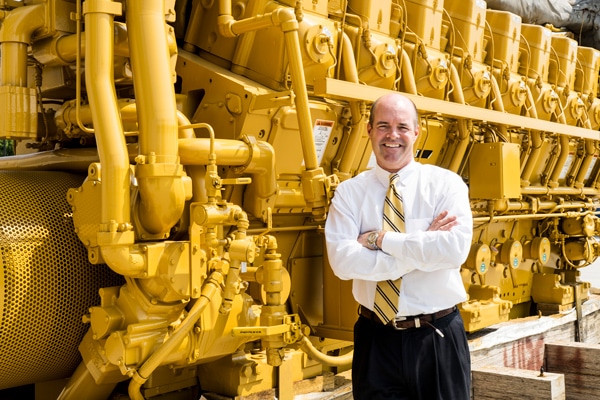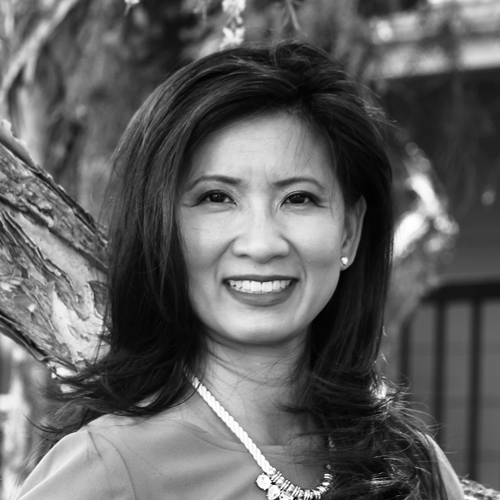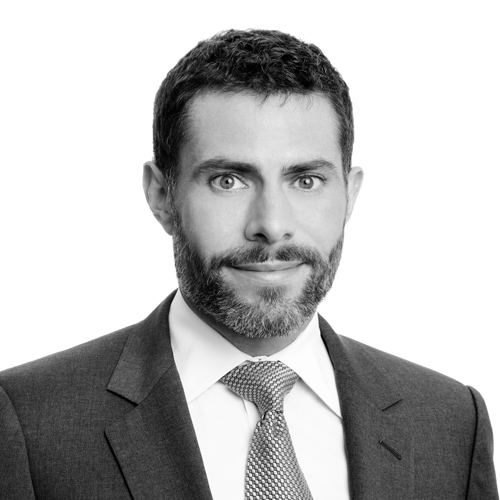
In a megalopolis builton oil and gas, two Houston families with rich legacies in the city’s energy-based economy have converged to mentor a pair of the industry’s next leaders.
Jerry Young, a successful trial attorney, is the latest descendant of multiple generations of oil and gas lawyers in his family. His grandfather was general counsel for Gulf Oil, later purchased by Chevron, until his retirement in 1956. His father was the in-house lawyer for Tennessee Gas and, later, Coastal Corporation. And Young’s stepfather, a partner at Vinson & Elkins, later became the chairman and CEO of Marathon Manufacturing.
In his own 24 years of civil trial law and personal injury practice, Young has received numerous accolades, and he’s also president-elect of the Houston chapter of the American Board of Trial Advocates. But he’s realized winning isn’t everything; success is defined by the legacy one leaves.
This obligation to pass on knowledge and experience is deeply ingrained in the Tucker family, too. Their company, Mustang Cat, founded in 1952, now provides heavy equipment and power generation to Houston’s energy sector, employing 700 people at 17 locations across Southeast Texas.
The convergence of the two families occurred in 2015, when Mustang Cat president Brad Tucker, also a lawyer, shared with Young his intentions to retire and hand over company leadership to his two sons. At the same meeting, he also revealed that he thought Young would be the ideal candidate to head the succession plan, as the new vice president and general counsel of the company. It was an offer Young couldn’t refuse.
At the time, Young was a partner at Coats Rose, a regional law firm in Houston, where Mustang Cat was one of his clients. “In my private practice with Coats Rose, I had long-term projects, but nothing like the ability to guide and mold a succession plan,” he says. “It was one of the reasons why I joined Mustang Cat, because it offered challenges that would be good for me. It’s very flattering when someone says, ‘I trust you to be a mentor to my two sons and help prepare them to be good leaders for the company.’”
Young saw the leaders of the family-owned, privately held company as kindred spirits, too. Mustang Cat, an authorized dealer of Caterpillar heavy machinery, was started by three men, including the current owner’s father. “I relate to Mustang Cat because it goes back to the family culture,” Young says. “Everyone who works here knows they are part of the family. My family and the Tuckers are native Houstonians; we’ve been here for multiple generations. We’ve seen Houston suffer through downturns, and we’ve all had to weather those storms, so there is a common thread of perseverance that runs through both family legacies.”
Young joined Mustang Cat as vice president and general counsel in 2015, and he soon began fostering business growth and the leadership transition, despite his unconventional experience. “I do think it’s unique for a company to bring on a general counsel with a trial-law background,” he says. “Typically, an in-house general counsel comes from a background of deal-making, human resources, labor, or employment law; my background was more focused on litigation. I did have a lot of working knowledge of the company since Mustang Cat was my client for seven years as a litigation attorney.”
Young soon realized that the company’s family-focused culture differentiated it from competitors. “Publicly held companies typically have anti-nepotism policies,” he says, “whereas here we have a number of family members employed in the company, and we encourage that, because we think having family members in the company gives them more accountability.”
Today, Young spends most of his time focused on his role as vice president, developing the business while mentoring Brad Tucker’s sons, Sam and Ben, executives with the company who will assume its ownership and operation when Brad retires. “We have various issues that come up daily where we discuss the situation and possible resolutions,” Young says. “It’s a collaborative relationship where we work together to build on their experience.”
Young finds the company’s “take care of our own” ethos a refreshing departure from the “winner-take-all” mentality of litigation, and he enjoys focusing on customer service, not billable hours. “With 700 employees, I basically have 700 clients who all have the same goal: to make this company as successful as we can in any given year,” he says. “Everybody benefits across the board based on how well the company does. That was one of the really unique things that drew me in. Decisions are made not just based on the bottom line but on the principles of fairness. All of us, including the executives, have to make sacrifices to weather economic downturns, which is very reflective of the family values we have throughout the company.”
On any given day, Young attends multiple meetings with upper management—including the human resources director, the chief operating officer, and the chief financial officer—to discuss and review a wide range of issues from real estate to labor matters. “I wear a lot of hats,” he says. “The funny thing is, I was a trial lawyer for 24 years, and now I have a trial docket that I manage through outside counsel.”
As for the succession of ownership to the third generation of Tuckers, Mustang Cat has not set a date, but Young anticipates a smooth transition. “We are unique because most of our competitors in the equipment and power segments don’t have that family history. They’ve changed ownership through mergers and acquisitions during the company’s lifetime,” he says. “The new ownership will not change the way we do business.”

